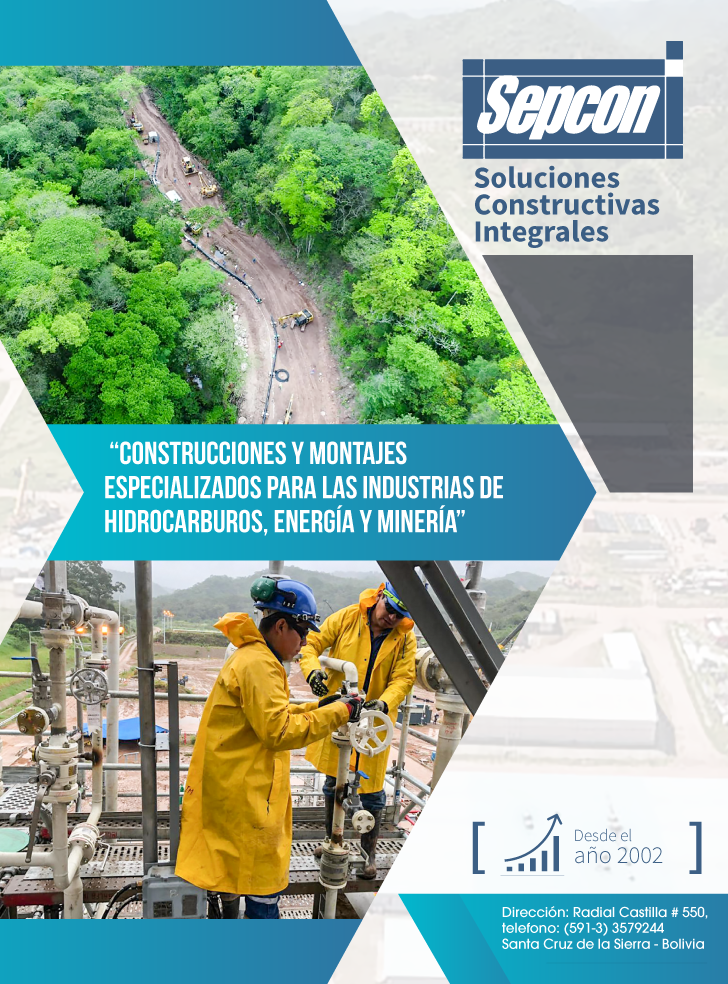Petroperú is ready for the commissioning of Talara, the new Peruvian refinery that is getting ready to produce fuels with low sulfur content.
ISSUE 113 | 2022
Raúl Serrano
ARPEL 2022 was the stage for Petroperú to report the progress of the paradigmatic Talara refinery that offers to produce diesel and gasoline with low sulfur content since December 2022, from its modern refining complex that at the same time when the event was being conducted, the plant was gradually carrying out its progressive start-up tests for the subsequent start-up of commercial operations.
In front of an audience that brought together approximately 500 industry leaders from the Association of Oil, Gas and Renewable Energy Companies of Latin America and the Caribbean (ARPEL), during its 6th edition, Mr. Óscar Vera Gargurevich, manager of the Talara Refinery explained the characteristics of this new refinery, aimed at obtaining fuels with very low sulfur levels, as part of its contribution to the fight against climate change and the reduction of emissions that harm the environment and people’s health.
During the event that was conducted from November 14th to 16th in Lima, Peru, Vera Gargurevic was in charge of the topic “A new era for the downstream in Peru, Talara Refinery Modernization Project”, which allowed him to explain the characteristics of this project, which is in its final stage of consolidation to obtain fuels with a very low level of sulfur, in a country with an important profile of hydrocarbon production in South America.
TO REPLACE IMPORTS
He added that through this project, the company will once again be an important refiner in Peru, replacing the imports it currently makes, highlighting at the same time that this project will be able to offer better commercial conditions and substantially improve its profitability and liquidity.
He underlined that the start-up process is carried out with the participation of important companies with a long history in the field, such as the Spanish company Técnicas Reunidas, which is incharge of the processing units, and Cobra, which is working on the auxiliary units. He also talked about the contribution of the licensing companies Honeywell, Axens, UOP, Haldor Topsoe and Exxon Mobil, together with the international supervision consortium CPT and specialized technicians trained in their factories that are in charge of supplying the equipment that constitutes an important part of this new refining complex.
Vera Gargurevic reported that the New Talara Refinery is ready to process starting from December 2022, with a capacity of up to 95 thousand barrels per day of heavy and light crude oil available from Peru and other parts of the world, producing gasoline and diesel with 50 parts per million (ppm) of sulfur and Liquefied Petroleum Gas (LPG) with 20 ppm, among other quality fuels.
Vera Gargurevic did not stop remarking that during the construction process of this modern refining complex, more than 10,000 direct jobs and 20,000 indirect jobs have been created; also contributing to the national treasury with more than a billion dollars only in taxes.

REMOVE THE SULFUR
The executive highlighted that prior to the startup of the three hydrotreatment units, which will allow the removal of sulfur from gasoline and diesel, the startup of the Primary Distillation Unit, the Vacuum Distillation Unit, and the Production and Hydrogen purification units were conducted in advance. He added that later the same process is planned to be carried out with the conversion and deep conversion units, according to the start-up schedule.
Finally, Vera Gargurevich stated that during the construction process of the NRT, Petroperú has invested more than $ 60 million in social management activities, such as the construction and the provision of equipment for the implementation of a modular hospital with an intensive care unit, among other actions that will have a positive repercussion on health, education and the improvement of the standard of living of Talara’s population.

